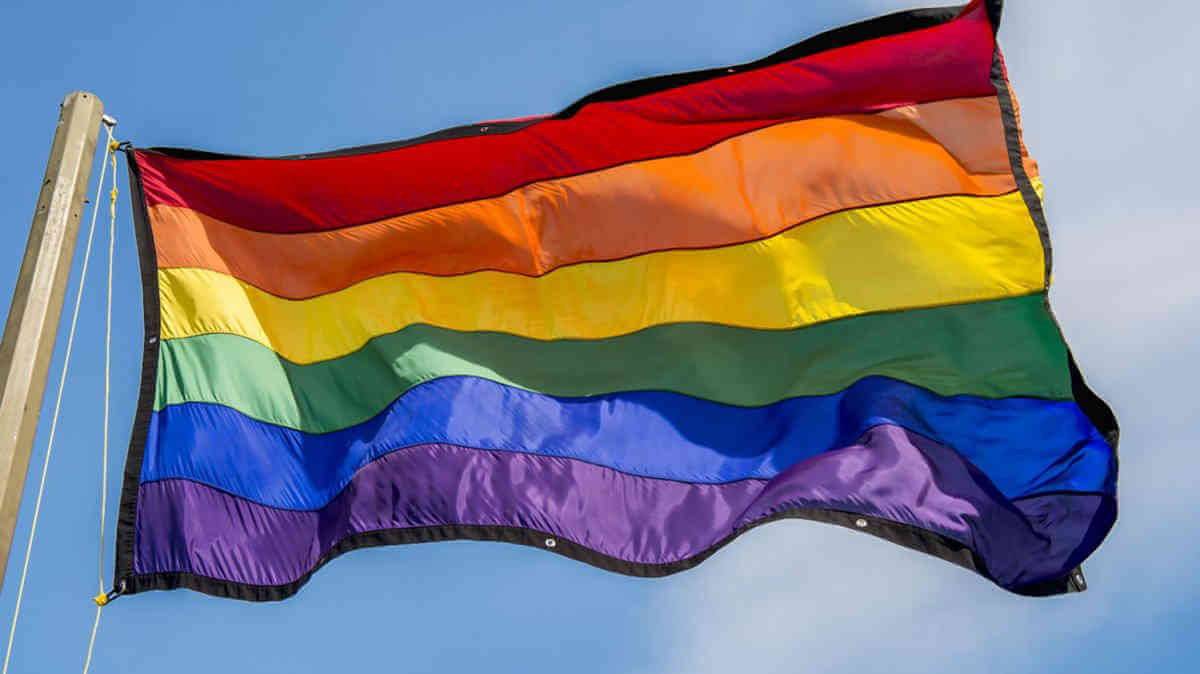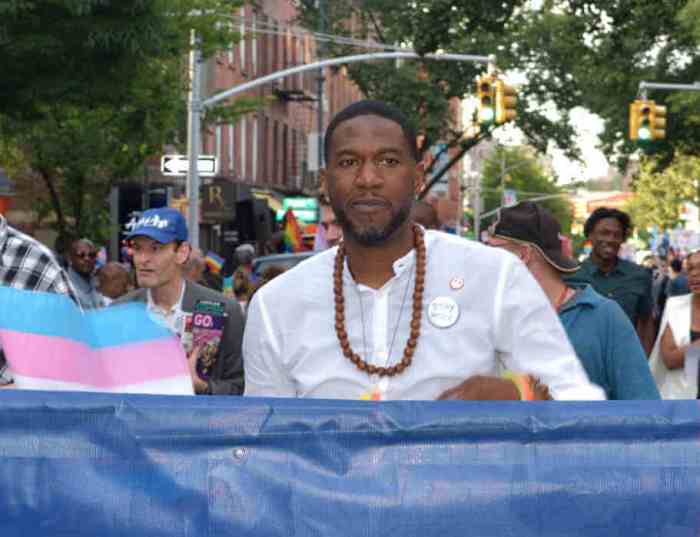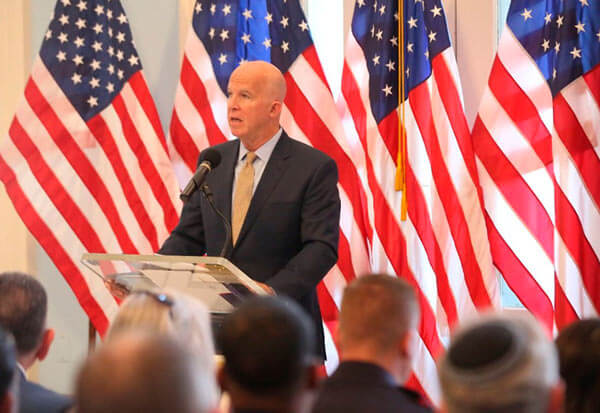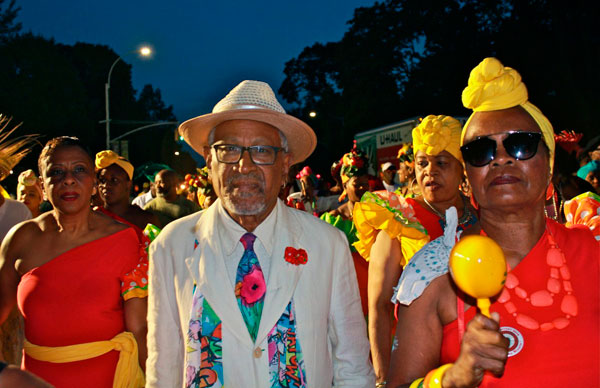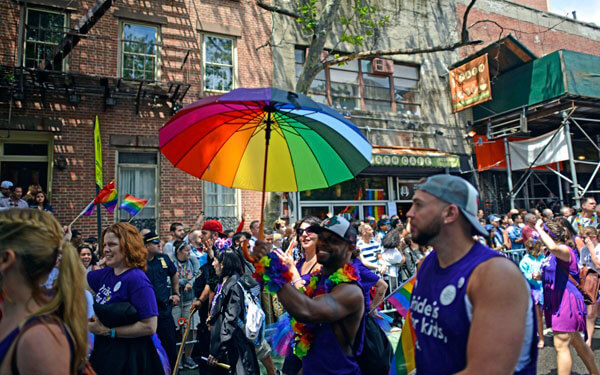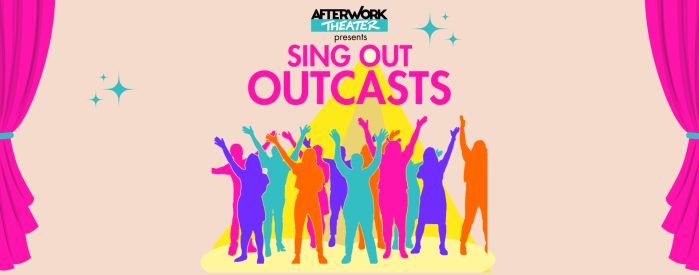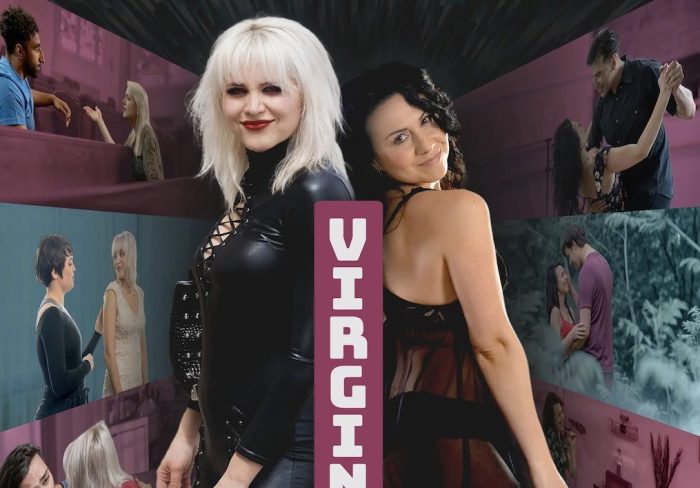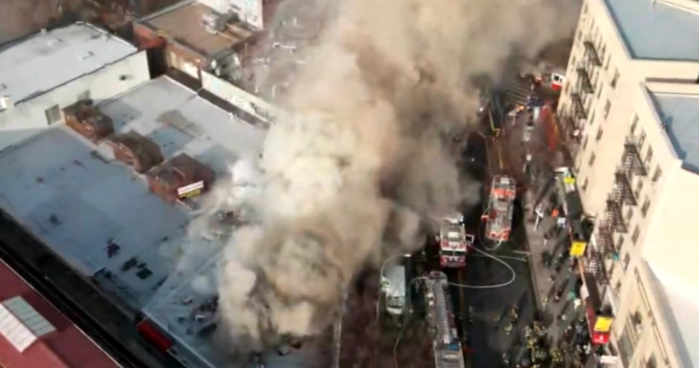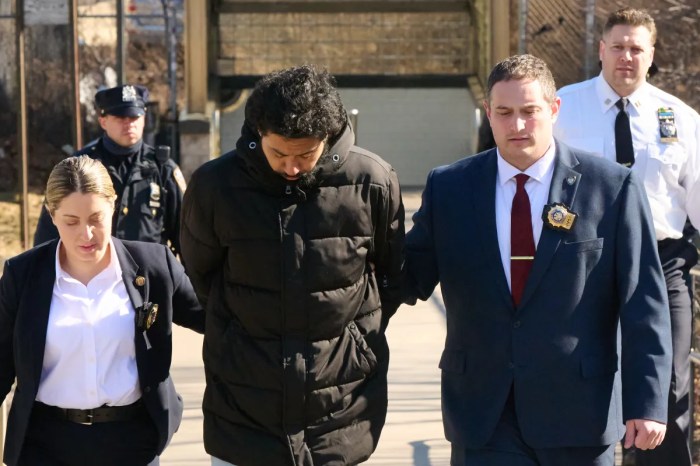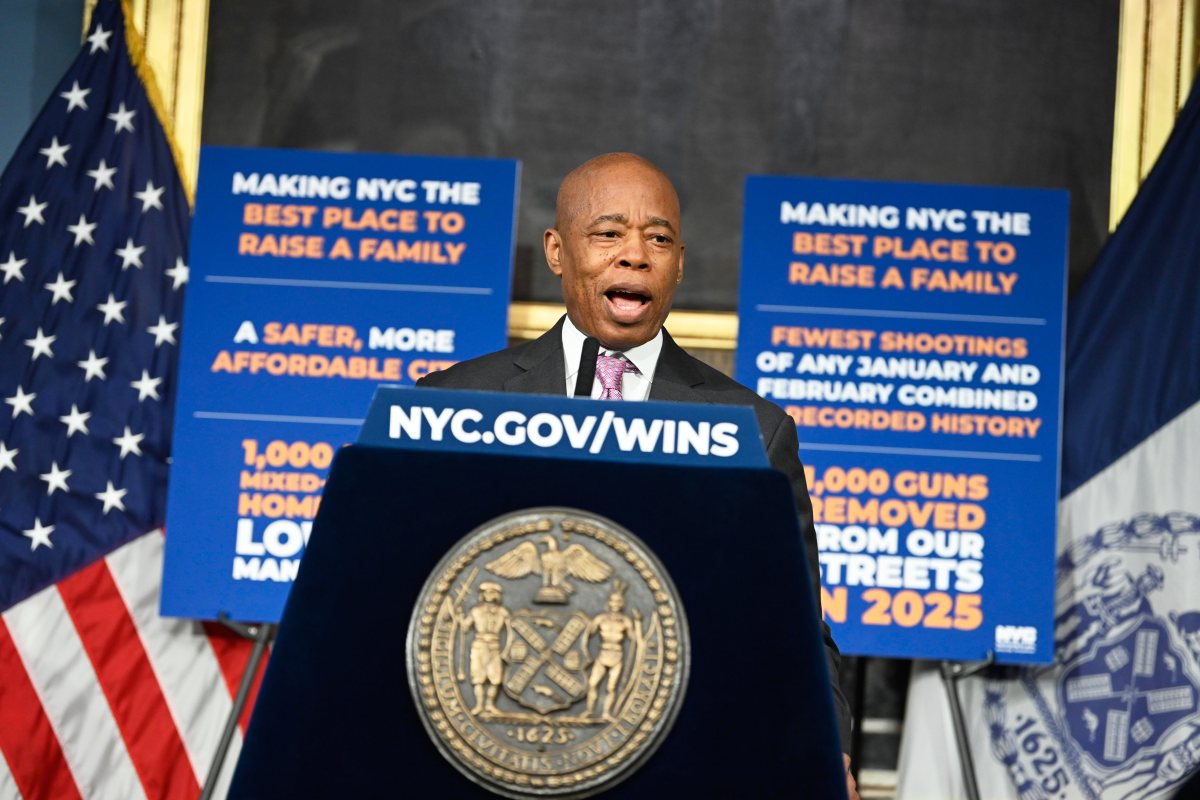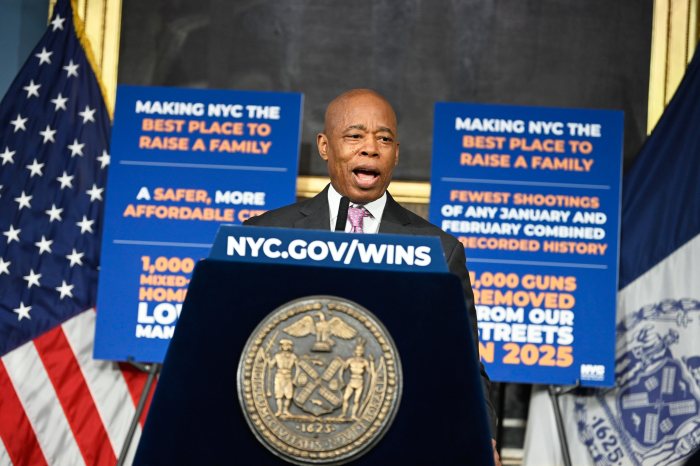The 1960s exposed inequities some Americans endured in a country described by Francis Scott Key in 1814 when he penned it to be “the land of the free and the home of the brave.”
During that eventful decade, the struggle for Civil Rights Newly united disfranchised citizens willing to prove the anthemic words to be feasible.
Up north and down south Blacks picketed, marched, demonstrated and defied Jim Crow laws in order to exalt the lyrics that manifested in the national anthem in 1931 to become a kind of calling card for global citizens yearning to be free.
By 1964, President Lyndon B. Johnson was moved to sign the Civil Rights Act which prohibits discrimination in public places. With the stroke of a pen the most sweeping Civil Rights legislation became the order of the day.
Not since Reconstruction had any such action afforded freedom for Blacks to pursue education, housing, employment and the right of assembly afforded Caucasians.
In pursuit of establishing his own identity, Johnson who was vice president to President John F. Kennedy before he was assassinated proposed “A Great Society.”
From the White House, the southerner enacted what is now a historic landmark legislation.
It would take five more years until another oppressed citizenry publicly demanded equality.
Probably exhausted from repeating the same tedious tactics other disfranchised groups exercised in order to win a measure of acceptability, on June 28, 1969 members of the gay and lesbian community rioted to win attention with the Stonewall Uprising.
For three consecutive nights at a gay and lesbian club in Greenwich Village, known as Stonewall Inn, members of the LGBT community rebelled against police brutality.
Allegedly the NYPD had consistently harassed members of the community who publicly identified themselves LGBT. An already contentious relationship existed due to alleged early morning raids, arrests and unfair discriminatory practices from the NYPD. Therefore, it was almost understandable when Village residents sided with clubbers who resisted when NYPD enforcers showed up to exercise what had become a ritual of unwarranted arrests on this particular night.
“We’re not going to take this anymore!” signaled a decided action to fight back after police allegedly conducted body searches and other dehumanizing forms of humiliation.
Police vans known then as paddy wagons backed up to the club to fill the entire patronage that reveled inside.
Patrons refused to budge.
Many resisted.
The following night a larger resistance movement challenged police.
Residents of Greenwich Village protested in solidarity.
Local newspapers featured the protests and by the third night, the tiny club made lead story point on national newscasts.
For the 50th anniversary a film titled “Before Stonewall” provides documentation of the horrific Civil Rights violation that spawned a movement.
Through a decade by decade account, co-directors Greta Schiller and Robert Rosenburg detail through eyewitness accounts, interviews, archival video footage and pictures what life was like living under a radar of suspicion, disdain and a city and state that sanctioned persecution of the sexes.
Although NY claims the locale for the revolutionary action, San Francisco, California is featured for its more tolerant approach to the then illegal lifestyle.
Trinidad & Tobago gets a spotlight in calypso when an individual testifies about finding same-sex love in the Caribbean.
Among prominent notables, Allen Ginsburg explains the courage, rage and unity that spawned the birth of the gay liberation movement.
Renowned poet and author, Audre Lorde also add to the conversation involving many voices to recall the worrisome decades of harassment, torment, humiliation and rejection that prevailed from the early 1900s.
Missing though are voices from the Black, gay underground headquartered in the Village of Harlem. A single spokesperson explained her journey. Now a senior citizen she explained how close-knitted her circle of friends bonded. She said she steered clear of the “straight” world and for longer than she could recall only befriended like-minded lesbians.
In this millennial decade, there is pride in being a homosexual.
RuPaul has transformed the fashion and TV industries by spotlighting cross-dressers, drag queens, and achieving members of the LGBTQ community aimed at the community. The extrovert fashionista is also now the host of a summer, FOX TV talk show.
In addition to the global milestones made by members of the LGBTQ community there is now a rainbow striped banner to represent the movement.
June has been declared Pride Month with acknowledgement and culmination of a Pride parade in many cities.
Last Saturday, pop singer Taylor made a surprise appearance at the now landmark Stonewall Inn to commemorate 50 years since the uprising at Christopher St.
She performed to an audience of fearless homosexuals who cheered her renditions.
And most recently NYPD Commissioner, James P O’Neill apologized for unjustified actions against the gay community.
“I do know what happened should not have happened.”
“The actions and the laws were discriminatory and oppressive and for that I apologize.”
Corey Johnson, City Council speaker an admitted homosexual commended the admission.
“Its really moving,” the councilmember said.
“The actions taken by the NYPD were wrong — plain and simple,” the commissioner added.
The film opens here on June 21 at the newly, refurbished Quad Cinema at 13th St.
Catch You On The Inside!


